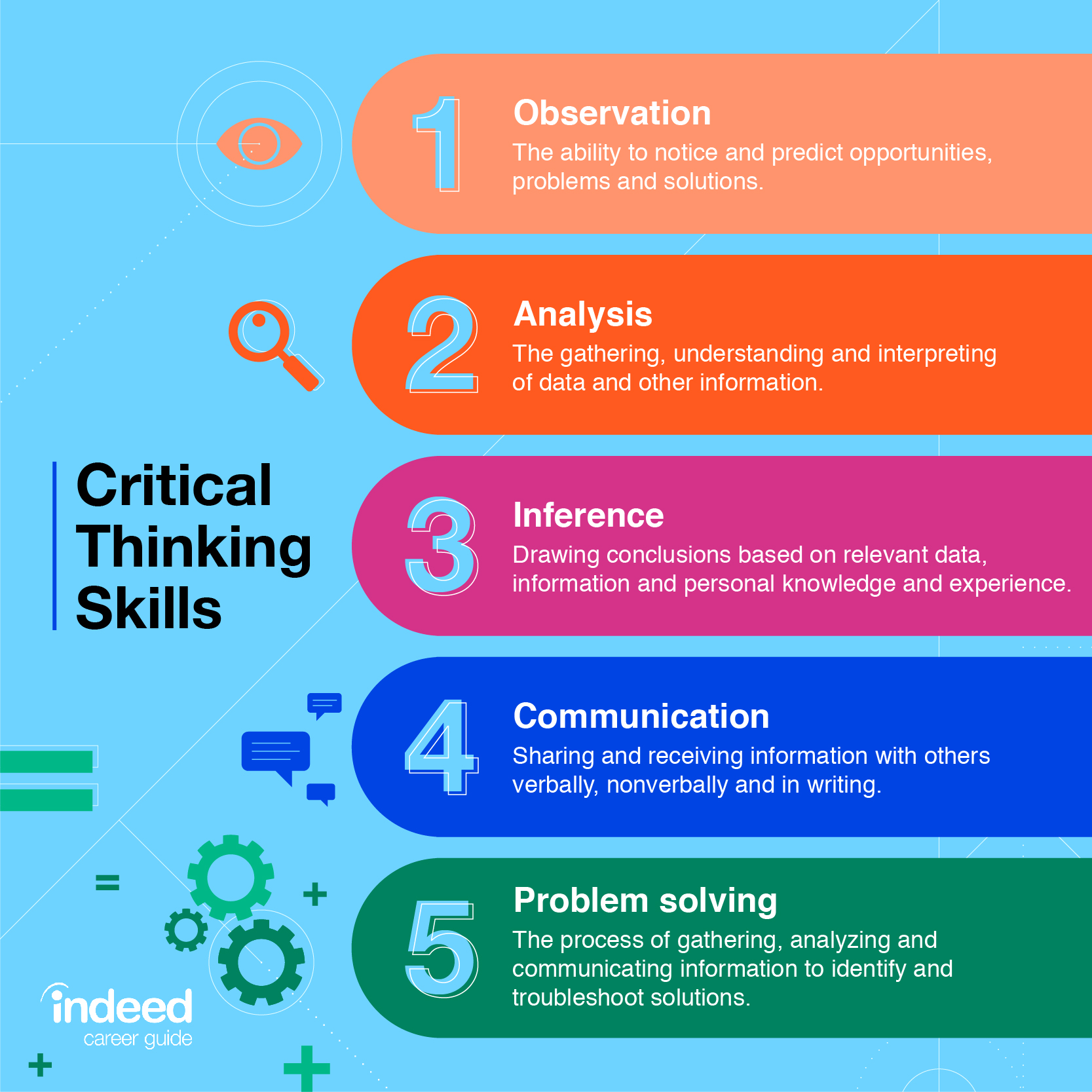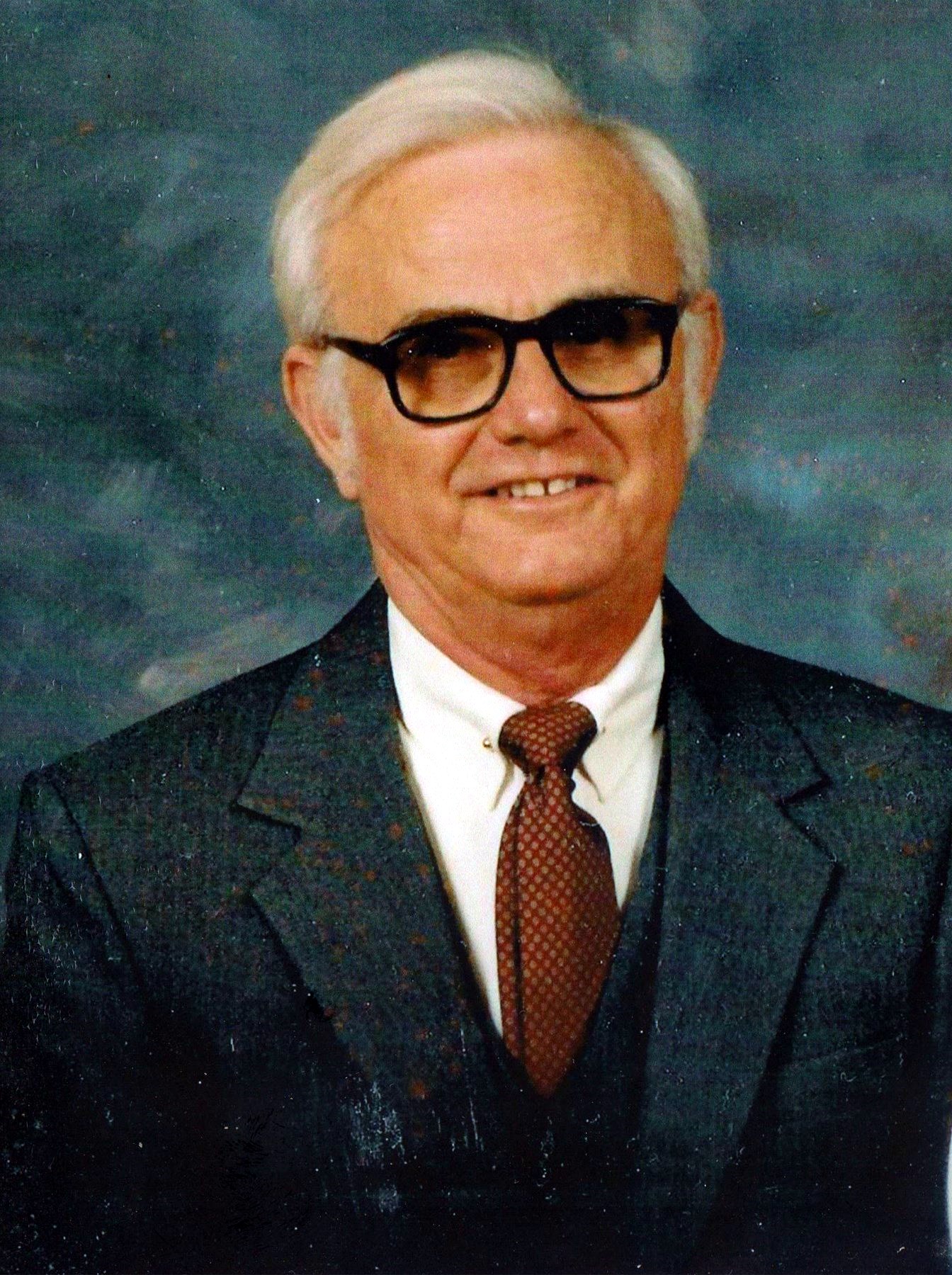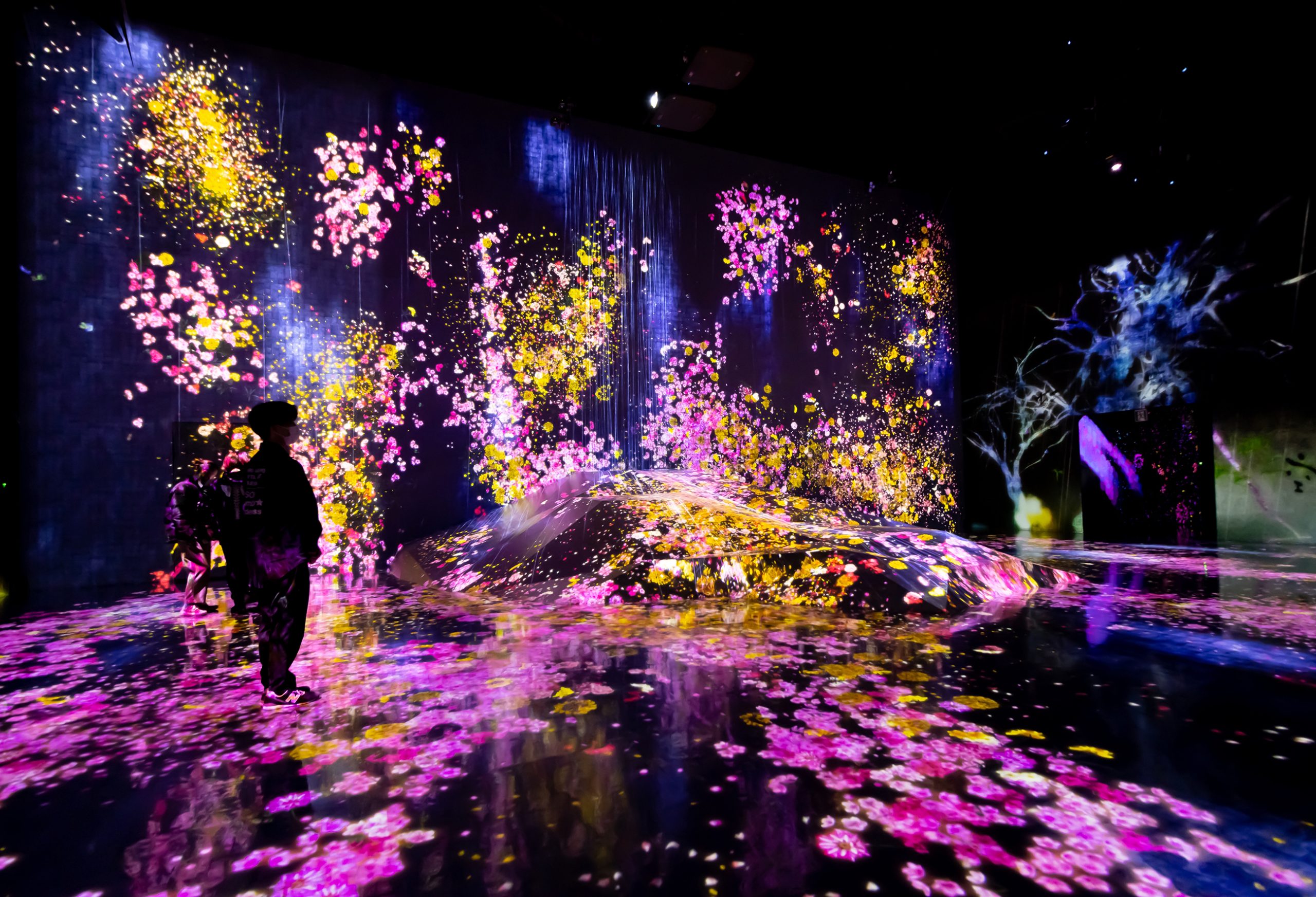Remembering Michael Brooks: A Legacy Of Critical Thinking And Cultural Analysis
Remembering Michael Brooks: A Legacy Of Critical Thinking And Cultural Analysis
Michael Brooks, the brilliant British writer, speaker, and podcaster, sadly passed away in 2020, leaving behind a remarkable legacy of critical thinking and cultural analysis. His work continues to inspire and provoke, challenging us to question our assumptions and engage with the world around us in more thoughtful and informed ways.

6 Main Types of Critical Thinking Skills (With Examples) | Indeed.com – Source www.indeed.com
Brooks was a master of identifying and deconstructing the hidden assumptions and biases that shape our thinking and society. He had a knack for spotting the contradictions and absurdities in popular culture, politics, and academia, and for exposing the power structures that often go unnoticed. His writing and speaking were always incisive and often humorous, but they were also deeply rooted in a commitment to truth and justice.

Remembering Michael Jackson on His Birthday | Michael jackson, Jackson – Source www.pinterest.com
Brooks’s work on critical thinking is particularly valuable in an era marked by misinformation and polarization. He argued that critical thinking is not simply a matter of learning a set of rules or techniques, but rather a way of life. It requires a willingness to question everything, to be open to new ideas, and to be honest with ourselves about our own biases.

Legacy Original Analog Edition: Amazon.de: Musik-CDs & Vinyl – Source www.amazon.de
Brooks also had a passion for cultural analysis. He saw culture as a powerful force that shapes our identities, values, and beliefs. He argued that it is important to be aware of the cultural assumptions and biases that influence us, and to critically engage with the media and other cultural products that we consume.

Remembering Gwendolyn Brooks, the First African American to win a – Source www.pbs.org
Remembering Michael Brooks: A Personal Reflection
I first encountered Michael Brooks’s work through his podcast, The Michael Brooks Show. I was immediately drawn to his intelligence, wit, and passion for truth. His podcast was a refreshing antidote to the often-simplistic and polarized discourse that dominates much of the media.
Brooks’s work helped me to see the world in a new light. He challenged my assumptions, exposed my biases, and inspired me to think more critically about the issues that matter most to me. His legacy will continue to inspire and provoke for generations to come.
Remembering Michael Brooks: His History and Myth
Michael Brooks was born in London in 1983. He studied philosophy and politics at the University of Manchester, and then went on to work as a journalist and editor. In 2017, he launched The Michael Brooks Show, which quickly became one of the most popular podcasts on the left.
Brooks’s work was often controversial, but it was always rooted in a deep commitment to truth and justice. He was a fearless critic of both the left and the right, and he was not afraid to challenge the established order.
Remembering Michael Brooks: His Hidden Secrets
One of the most remarkable things about Michael Brooks was his ability to see the humor in even the most serious of situations. He had a gift for finding the absurdity in the world around him, and he used humor to disarm his opponents and make his points more effectively.
Brooks was also a deeply compassionate person. He cared deeply about the suffering of others, and he was always willing to lend a helping hand. He was a true friend and mentor to many, and his loss is felt deeply by all who knew him.
Remembering Michael Brooks: His Recommendations
Michael Brooks was a prolific writer and speaker. He wrote two books, “The Art of the Argument” and “Against the Web,” and he gave hundreds of lectures and interviews. His work is available on his website, michaelbrooks.org.
I highly recommend Brooks’s work to anyone who is interested in critical thinking, cultural analysis, or politics. His writing and speaking are always insightful, provocative, and entertaining.
Remembering Michael Brooks: In Detail
Michael Brooks was a master of critical thinking. He was able to identify and deconstruct the hidden assumptions and biases that shape our thinking and society. He was also a gifted cultural analyst, who saw culture as a powerful force that shapes our identities, values, and beliefs.
Brooks’s work is particularly valuable in an era marked by misinformation and polarization. He argued that critical thinking is not simply a matter of learning a set of rules or techniques, but rather a way of life. It requires a willingness to question everything, to be open to new ideas, and to be honest with ourselves about our own biases.
Remembering Michael Brooks: Tips
Here are a few tips for remembering Michael Brooks’s legacy:
Remembering Michael Brooks: In-Depth
Michael Brooks’s work on critical thinking and cultural analysis is essential reading for anyone who wants to understand the world around them. His writing and speaking are always insightful, provocative, and entertaining.
If you are interested in learning more about critical thinking, cultural analysis, or politics, I highly recommend Brooks’s work. You can find his books, articles, podcasts, and lectures on his website, michaelbrooks.org.
Remembering Michael Brooks: Fun Facts
Remembering Michael Brooks: How To
If you want to remember Michael Brooks’s legacy, the best way is to continue his work. Question everything, be open to new ideas, and be honest with yourself about your own biases.
You can also support organizations that are working to promote critical thinking and cultural analysis. These organizations are essential for ensuring that Brooks’s legacy continues to inspire and provoke for generations to come.
Remembering Michael Brooks: What If
What if Michael Brooks was still alive today? I believe that he would be a leading voice in the fight against misinformation and polarization. He would be using his platform to challenge the status quo and to inspire people to think for themselves.
Brooks’s loss is a great tragedy, but his legacy will continue to inspire and provoke for generations to come. His work is essential reading for anyone who wants to understand the world around them and to make it a better place.
Remembering Michael Brooks: Listicle
Questions and Answers
Q: What was Michael Brooks’s most famous work?
A: Brooks’s most famous work is his podcast, The Michael Brooks Show.
Q: What were Brooks’s main interests?
A: Brooks’s main interests were critical thinking, cultural analysis, and politics.
Q: What is the best way to remember Michael Brooks’s legacy?
A: The best way to remember Michael Brooks’s legacy is to continue his work by questioning everything, being open to new ideas, and being honest with yourself about your own biases.
Q: What is the future of critical thinking and cultural analysis?
A: The future of critical thinking and cultural analysis is bright. There is a growing demand for people who can think critically and analyze culture in a nuanced way.
Conclusion of Remembering Michael Brooks: A Legacy Of Critical Thinking And Cultural Analysis
Michael Brooks was a brilliant thinker and a passionate advocate for critical thinking and cultural analysis. His work has left a lasting legacy that will continue to inspire and provoke for generations to come.
We can all learn from Brooks’s example by questioning everything, being open to new ideas, and being honest with ourselves about our own biases. By doing so, we can make the world a more just and equitable place for all.





